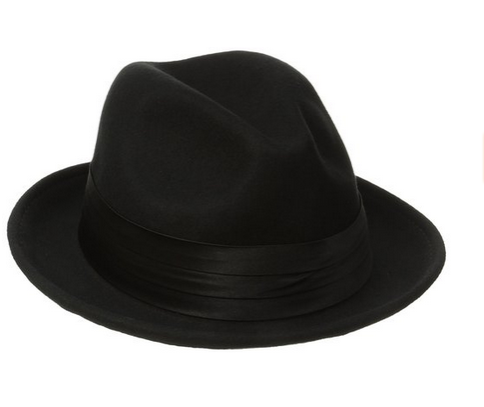Humanizing villainous characters
"'Men don't go about being bad just for the sake of being bad. Unless they are
.jpg) |
| Lon Chaney, Priscilla Dean The Wicked Darling |
William Powell's "prime grievance against motion pictures is the use of false characters. 'No amount of study will help a part if it is in the film merely because a menace is needed. No attempt at reality will succeed with the usual silly villain, like those in so many cheap stories.'"
-- Talking Screen 1930
 |
| William Powell |
Lon Chaney Sr. "is showing us people who are in the muck of life. Their habitations, their habiliments, their associates, their philosophies. ... How they induce an inverted regard for life and its manifold beauties. His ideal is to demonstrate that all people no matter how far they may have sunk in the mire have great and ennobling qualities and are reaching for the light. Sacrifice has been the moving spirit of his recent pictures. ...
Lon Chaney Jr. talks about his father, Lon Chaney Sr., born to deaf parents
"Chaney's characters have never been built on bizarre make-ups alone. He has prompted them from within. he has tried to picture their mental struggles rather than their outward hideousness. He has endeavored to show us that the basest of humans has a soul and great qualities that are aroused in exigencies. His message has been that love is all-potent; conquering all man-made limitations."
-- Hollywood Vagabond 1927
The Performance and Audience Reaction
Boris Karloff, more than monsters
Boris Karloff "is amazed to discover from his fan mail that many of his admirers especially the very young are consumed with pity for the grisly characters he portrays. In The Old Dark House, for instance he relates --
 |
| Boris Karloff and Colin Clive Karloff Images |
"'A twelve-year-old correspondent commenting upon this episode expressed great pity for the poor monster and deep indignation over his untimely death. The big bully! he said referring to the virtuous and physically slight gentleman who had slain me.'
"This feeling among Karloff's public may arise from the fact that Boris actually feels pity for these poor monsters. He is convinced that the most fiendish of the really criminally insane folk have moments when they are bewildered and terrified at the deeds which they are uncontrollably impelled to commit.
"They do not want to perpetrate these crimes, he believes, and he is sure that the very worst of them have moments when they say, 'Can this be I?" Therefore Karloff's monsters have a quality of helplessness and puzzlement over their own astonishing tendencies which lends them a certain pathos."
In the Mind of the Actor
Sometimes the performers themselves may be affected by the roles they play. Each actor is different as is his or her method.
Being horrible is a business, a matter of mechanics, Boris Karloff had said. He didn't even enjoy reading horror stories except as potential screen material.
Because of Dracula I make a living... 1951 interview
On the other hand, when asked about playing a character who is horrible, Bela Lugosi had this to say:
"'Your nerves are bound to be affected by any role which you play constantly over a period of years. If it were only the repetition it would do something to you.
"But when you are playing with all the earnestness and sincerity you can muster a horrendous monster when that portrayal is constantly on your mind it must eventually have some effect upon your nerves and your mentality. It never becomes quite mechanical. Toward the end of my session of portraying Dracula I became downright neurotic about the character."
-- Picture Play magazine 1935
Related Pages of Interest:
Lon Chaney Johnny Depp Knives Hands and Love: Knives, Hands and Unrequited Love, Alonzo and Nanon, Edward and Kim
Happy Thanksgiving from Boris Karloff Some of his memories and favorite folk songs and sea shanties, This Is Your Life
50 Greatest Screen Villains of All Time: includes Lugosi's Dracula
William Powell and Carole Lombard























